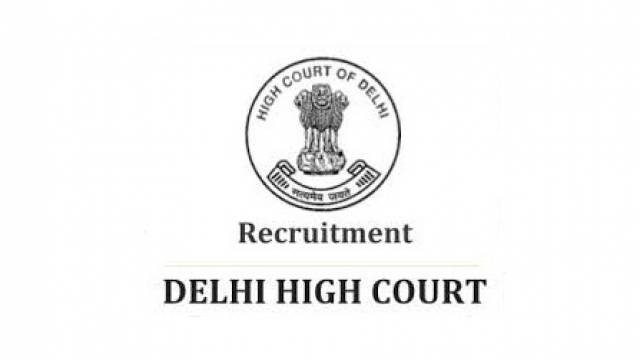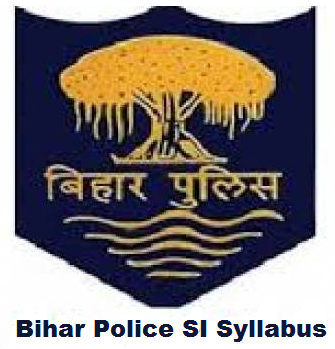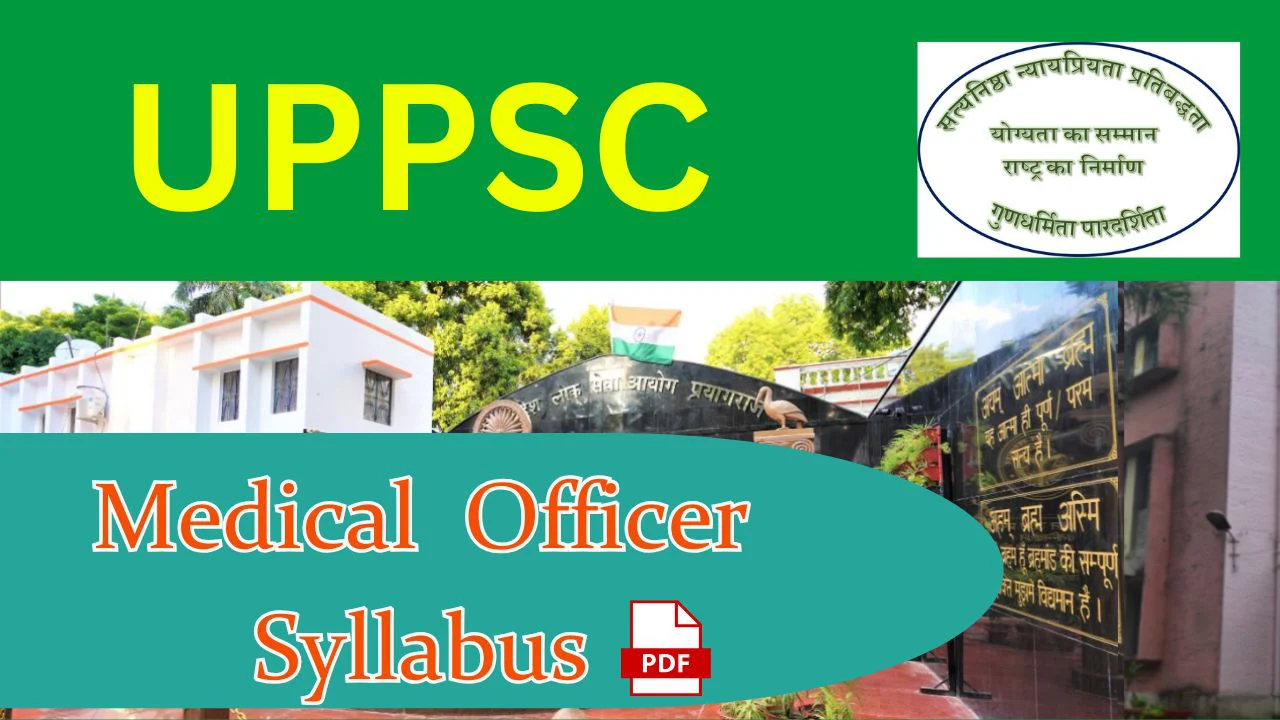High Court of Delhi (Delhi High Court) has updated its official website with Delhi High Court Delhi Judicial Service & Delhi Higher Judicial Service Examination Syllabus 2022 and Delhi High Court Delhi Judicial Service & Delhi Higher Judicial Service Examination exam pattern. Before one starts to prepare, they should know the detailed syllabus and exam pattern that the Delhi High Court Delhi Judicial Service & Delhi Higher Judicial Service Examination exam follows. Following the Delhi High Court Delhi Judicial Service & Delhi Higher Judicial Service Examination syllabus and exam pattern will help the candidates to understand the concepts they should be clear about and how to approach the question paper while answering.
Delhi Judicial Service Examination will be held in two successive stages:-
- Delhi Judicial Service Preliminary Examination (Objective type with 25% negative marking) for selection for the Mains Examination (Written), and
- Delhi Judicial Service Mains Examination (Written) for selection of candidates for calling for Viva-Voce.
Delhi Judicial Service & Delhi Higher Judicial Service Examination Syllabus 2022
| Name of the Organization | High Court of Delhi (Delhi High Court) |
| Job Role | Delhi Judicial Service & Delhi Higher Judicial Service Examination Posts |
| Total Posts | 168 Posts |
| Initial Date to Apply | 25-02-2022 |
| Last Date to Apply | 20-03-2022 |
| Category | Syllabus |
| Type of Job | Delhi Govt Jobs |
| Work Location | Delhi |
| Official Website | delhihighcourt.nic.in |
Delhi High Court Judicial Service Exam Pattern 2022
The High Court of Delhi is a department of the government of Delhi that is responsible for governing the recruitment of personnel into the state’s public service.
PRELIMINARY EXAMINATION
- The Preliminary Examination will be a screening test of qualifying nature and will consist of one paper of multiple choice questions carrying maximum of 200 marks. In the preliminary examination questions on general legal knowledge and aptitude of the candidate, candidate’s power of expression, flair in English, knowledge of objective type legal problems and their solutions covering The Constitution of India; The Code of Civil Procedure, 1908; The Code of Criminal Procedure, 1973; The Indian Penal Code; The Indian Contract Act, 1872; The Limited Liability Partnership Act, 2008; The Arbitration and Conciliation Act, 1996; The Indian Evidence Act, 1872; The Specific Relief Act, 1963; The Limitation Act, 1963; The Protection of Children from Sexual Offences Act, 2012 and The Commercial Courts Act, 2015 will be included.
- Minimum qualifying marks in the preliminary examination shall be 60% for general category and 55% for reserved categories, i.e., Scheduled Castes, Scheduled Tribes and eligible categories of Persons with Disabilities as specified for this Service. However, the number of candidates to be admitted to the Mains Examination (Written) will not be more than ten times the total number of vacancies of each category advertised.
- Provided that in case a candidate(s) secures marks equal to the marks secured by the last candidate shortlisted for Mains Examination (Written), then all such candidate(s) who have secured marks equal to the marks secured by the last candidate shortlisted for Mains Examination (Written), shall also be shortlisted for the Mains Examination (Written) irrespective of the fact that by including such candidate(s), the number of candidates shortlisted for Mains Examination (Written) exceeds the prescribed limit of ten times the number of vacancies in each category advertised.
- The marks obtained in the preliminary examination by the candidates who are declared qualified for admission to the Mains Examination (Written) will not be counted for determining their final order of merit.
Mains Examination (Written)
The Mains Examination (Written) will include the following subjects (each subject to carry the number of marks shown against it):
| Sl.No. | Subjects | Max. Marks |
| 1. | General Legal Knowledge & Language | 250 |
| 2. | Civil Law I | 200 |
| 3. | Civil Law II | 200 |
| 4. | Criminal Law | 200 |
Delhi DJS DHJS Examination 2022 Syllabus PDF
Delhi High Court Delhi Judicial Service & Delhi Higher Judicial Service Examination Syllabus 2022 PDF download here. Participants get the Delhi Judicial Service Exam Exam Pattern PDF. Applicants to start the Learning Process must Download Delhi High Court Judicial Service Exam Syllabus from delhihighcourt.nic.in or from this page in Schools360.in.
| GENERAL LEGAL KNOWLEDGE AND LANGUAGE | This paper shall comprise of two Sections:-
Section I : General Legal Knowledge:- This is to test the candidate’s knowledge of current legal affairs etc. (100 Marks). Section II: Language (Essay, Translation and Precis Writing):- This is to test the candidate’s knowledge and power of expression in English. Credit will be given both for substance and expression. Conversely deduction will be made for bad expression, faults of grammar and misuse of words etc. There will be two passages for translations one in English which will be required to be translated into Hindi (in Devnagri Script) and the second passage in Hindi (in Devnagri Script) shall be required to be translated into English. (150 Marks) |
| Civil Law-I | The Indian Contract Act, 1872; The Sale of Goods Act, 1930; The Transfer of Property Act, 1882; The Specific Relief Act, 1963; Hindu Law; Mohammaden Law; The Delhi Rent Control Act, 1958; Law of Torts; The New Delhi Municipal Council Act, 1994; The Delhi Municipal Corporation Act, 1957 and The Commercial Courts Act, 2015. (200 Marks) |
| Civil Law-II | The Code of Civil Procedure, 1908; The Indian Evidence Act, 1872; The Limitation Act, 1963; The Registration Act, 1908; The Arbitration and Conciliation Act, 1996; The Trade Marks Act, 1999 and The Copyright Act, 1957. (200 Marks) |
| Criminal Law | The Code of Criminal Procedure, 1973; The Indian Penal Code; The Indian Evidence Act, 1872; The Protection of Women from Domestic Violence Act, 2005; The Negotiable Instruments Act, 1881; The Sexual Harassment of Women at Workplace (Prevention, Prohibition and Redressal) Act, 2013 and The Juvenile Justice (Care and Protection of Children) Act, 2015. (200 Marks) |









